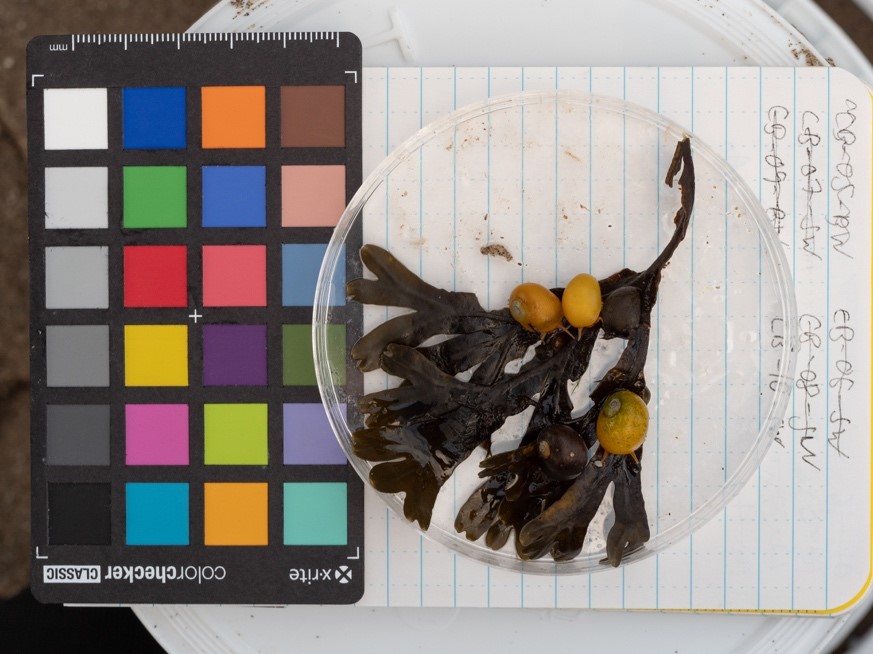During this placement you will conduct fieldwork collecting snails in different locations and environments. You will learn how to identify different species under the microscope and collect quantitative phenotypic measurements of traits such as the colour and shape of the snail’s shells and their behavioural habitat preferences. In addition to phenotypic measurements of the snails, you will learn how to collect ecological and environmental data relevant to the snail’s survival. Using measurements taken from snails collected from different locations and environments around Anglesey you will be able to test hypotheses about where and why different phenotypes have evolved, thereby providing insights into how organisms adapt to their environment.
Objectives:
- Measure phenotypes and traits of two species of Littorina snail ( fabalis and L. obtusata) found across coastal intertidal habitats around Anglesey, Wales.
- Use quantitative approaches to determine abiotic and biotic factors associated with adaptive trait divergence among populations.
- Quantify the spatial scale of local adaptation in two species of marine gastropod found across dynamic coastal environments.
Experience and skills to be gained: Fieldwork; quantitative morphological and environmental data collection; biodiversity monitoring and species identification; data analysis in R
Location: This placement is based at Bangor University in North Wales where you will work within the Molecular Ecology and Evolution group (MEEB: http://meeb.bangor.ac.uk/).
For more information please contact Dr. Aaron Comeault (a.comeault@ bangor.ac.uk).
To apply
Please check you meet the eligibility criteria before completing the online data collection form; this form is a mandatory part of the application process, but contains ‘prefer not to say’ options for all questions asked.
Once you have completed the online data collection form you will receive an email with the application form and details of how to apply to the supervisor. The application form should be completed and emailed to the lead supervisor along with a reference from your personal tutor.

